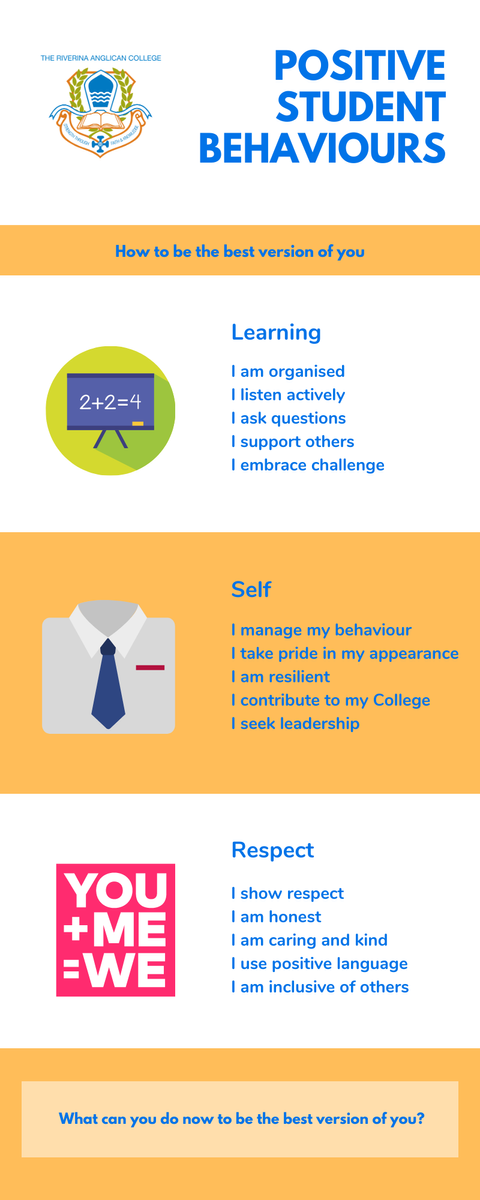COLLEGE COUNSELLOR

Goal Setting - When The Going Gets Tough
There are times when sticking with your goal gets hard. Sometimes it's when there are setbacks or roadblocks and sometimes it's when you are just tired and can’t be bothered. How we respond when these times hit can mean the difference between success and failure.
The Power of Enjoyment
As mentioned in my last article (Goal Setting) when setting goals it is important to work toward something that you really want to achieve. We all know that when we are passionate about something it is much easier to put effort into achieving it. When working at your goals becomes hard, try to refocus on what you are trying to accomplish. Remind yourself of the goal; why you want to achieve it and particularly how good it will be when you have.
It can really help to make sure you have your goal written down and in a place where you will see it often. Seeing your goal first thing in the morning can help you to keep your focus and use your day wisely and effectively.
Chunking
When you have a large goal that will take a long time to accomplish, it may be helpful to break your goal down into smaller more manageable chunks. Look at each of the tasks needed to achieve your main goal and make them your interim goals. See what you can do today that will bring you closer to your larger goal.
Rewards
Reward yourself along the way as you make progress toward your goal. Make your rewards something that you genuinely look forward to. What is going to help to keep you focussed and motivated?
For example: If you’re in Year 12 next year and your goal is to study an average of 12 hours a week for the whole year, you may need some rewards along the way to keep you motivated. Perhaps you could make a deal so that you are allowed to spend the same amount of time on your favourite game as you have spent studying during the week. Or perhaps you could get to choose a takeaway meal at the end of the week if you have reached your hours. Find something that will keep you motivated to persist with your goal.
When working toward a goal that is long term it can also help to have a long term reward.
Perhaps in the example above you could make a deal with your parents that they will buy you a car at the end of the year if you reach your goal… or maybe go halves? Now that would be a reward that really helps motivation.
The Day You Want To Have
You are the one making your schedule but it is important that you treat yourself kindly. It is no use saying that you will spend 10 hours studying on Saturday and pushing yourself to do it and hating every minute of it. You should negotiate with yourself and come up with the day that you really want to have. Think about a day that includes exercise, relaxation and work and create a day that you want to have. The goal should be that at the end of the day you can look back and be happy with every aspect. Balancing relaxation and enjoyment with how much progress you have made on your goal is the aim.
Create Your To Do List
To be maximally effective you should create your to do list the night before and prioritise the list. This way you will be able to make the most use of your time each day. If there are things that you need to get done and you are thinking about them or worrying about them in the night, it can be helpful to write them down in this list. Knowing that you won’t forget them can help you to sleep better and rest up in preparation for a full and productive day.
Remove Distractions
Every time you check your phone it costs on average 17 minutes of focussed work. This is because there’s messages you “have to reply to” or things going on that you “have to keep up with”. Remove this distraction completely. Have your phone at the other end of the house and set aside a few times in the day when you will check it. This very simple trick will make your work time so much more efficient.
Don’t get disheartened when you encounter setbacks when working towards your goals. Failing well is a big part of being successful. Learn what you can and get back up.
I hope that this goal setting series has been useful. The previous articles can be found at the following links:
Establishing a Pattern For Your Life,
Positive Student Behaviours
This week I would also like to mention the College’s Positive Student Behaviours infographic which aims to encourage each student to be the best version of themselves. It looks at positive behaviours in the areas of Self, Academic and Social.
RUOK? Day
RUOK? Day was on Thursday and it was a great chance to show concern for others. Let people know that you care about them by asking how they’re going. This year has been a rough one for many people and it helps to know that we’re not struggling through it alone. Life is definitely a team sport.
Michael Lance | College Counsellor







